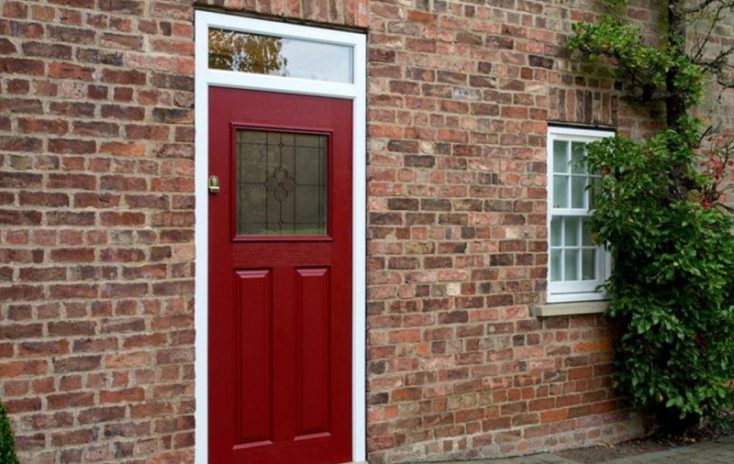Diversifying into commercial projects can open up new avenues for growth for window and door installers. While residential projects provide a steady stream of business, commercial projects can offer larger contracts and the opportunity to showcase your products on a bigger scale.
Benefits of Expanding into Commercial Projects
Cost Saving Benefits
Commercial projects often involve larger quantities and higher-value contracts. This often means that you’ve got a longer-term revenue stream, as well as time-savings by working on the same project for a prolonged period of time.
Additionally, you’ll save costs in travel and transportation. Rather than visiting residential properties that may only need one window or door, but keep the same travel time, you’ll be able to work on a project that has multiple windows and doors.
Those cost savings are, however, a balancing act. Commercial work is more volume-based, as margins are typically on the lower-end. This makes it important to plan any commercial projects appropriately and ensure costings are as accurate as possible, to maximise profit from the project.
Brand Visibility
Large commercial buildings can serve as advertisements for your products, enhancing your brand visibility and reputation in the local area.
If you can form partnerships with the companies involved in the construction or development, you have the opportunity to win repeat work on other projects as well.
Diversification
Working on a variety of project types can reduce business risk and dependence on the residential market. If one market struggles, you have another to fall onto.
For example, you could look to explore projects for office blocks, shopfronts, retrofitting commercial premises for housing, new build projects, care homes, schools and more.
Commercial work also provides an opportunity to have more consistent work throughout the year. At times when residential opportunities are quiet, commercial opportunities are normally busier.
The end of the tax year can often be a busy time for commercial projects. For example, governmental organisations, such as local councils, often have budget capacity to use up by the end of the tax year, so an influx of work will normally surface around that time.
Financial Security
As commercial projects are typically longer and involve contractual obligations, you tend to have more financial security, as you’ll know your expected revenue for that project over a period of time, whereas with residential projects, as they tend to start and finish quicker, you’re having to quickly find more work, often at short notice.
With that being said, it is important to also understand the financial risks associated with commercial projects as well. There can be situations where work gets called off, payments being retained until elements of the project are completed, or longer payment terms being required.
What To Be Aware of When Working with Commercial Projects
Expanding into commercial projects comes with its own set of challenges, including stricter regulations, larger scale, and different customer expectations.
Overcoming these challenges requires thorough planning, investment in the right tools and skills, and a focus on building relationships with commercial contractors and architects.
As the projects will often be more complex and involve several moving parts, you will need to ensure you have a clear project management process and can keep on top of all of the details, particularly to avoid delays which could be costly or harm longer-term relationships.
While diversification into commercial installation has large potential, it’s important to be aware of certain factors that may work against you. For example, the client may want to be pay over extended terms due to the much larger cost.
When working on certain sites, there may be further regulations and qualifications required. For example, health and safety qualifications, CSCS cards and more.
While transitioning to commercial projects requires effort and investment, the potential benefits make it a worthwhile endeavour. By understanding the commercial market and adapting your approach, you can successfully expand your business and explore new opportunities.



